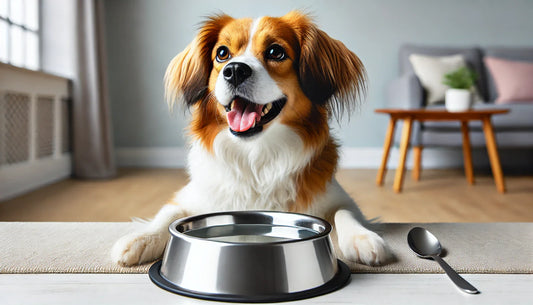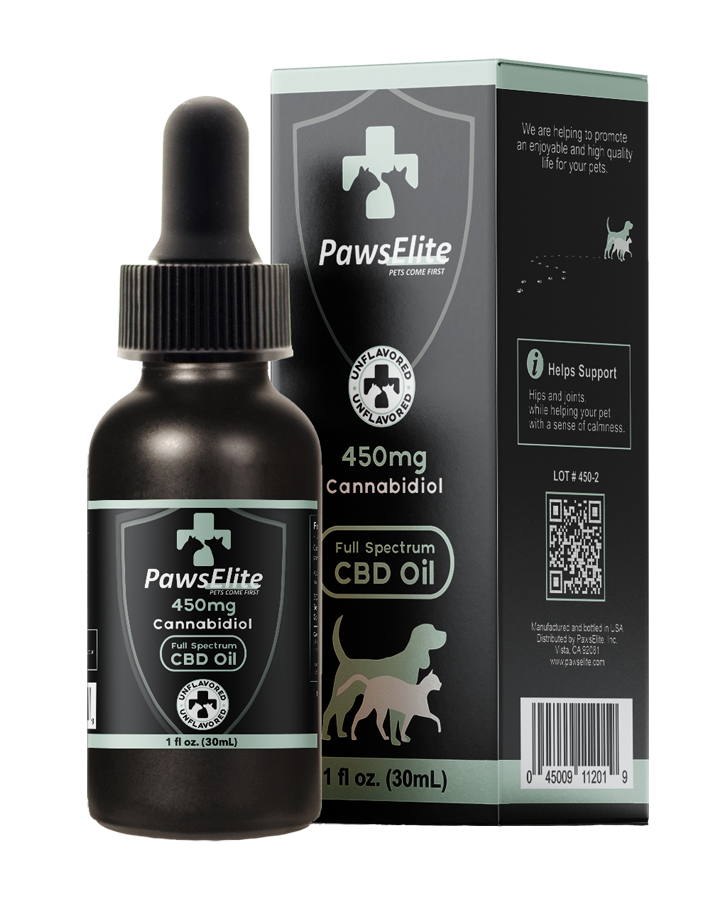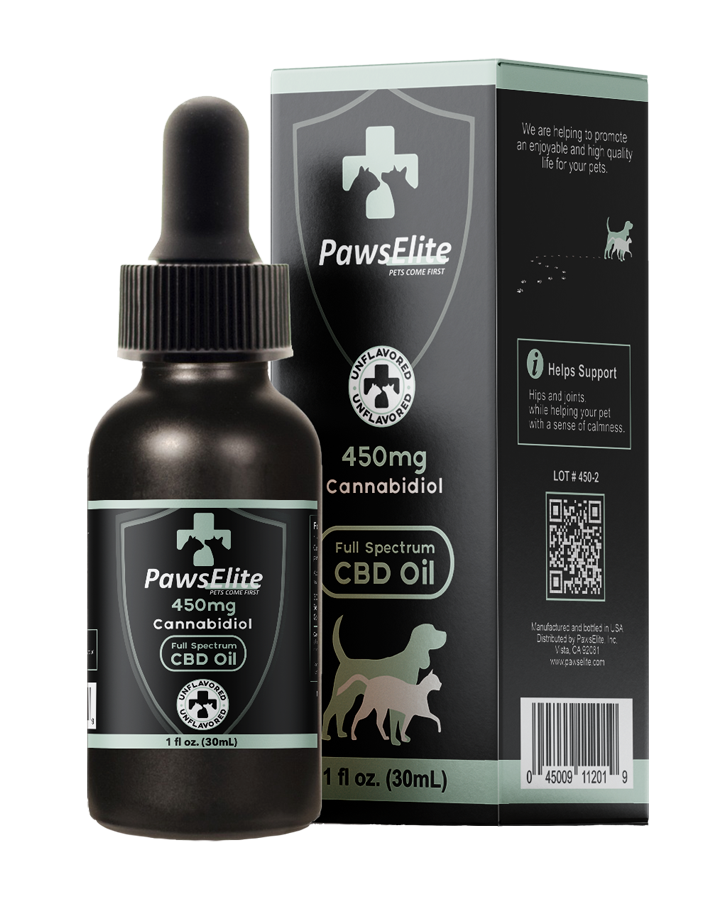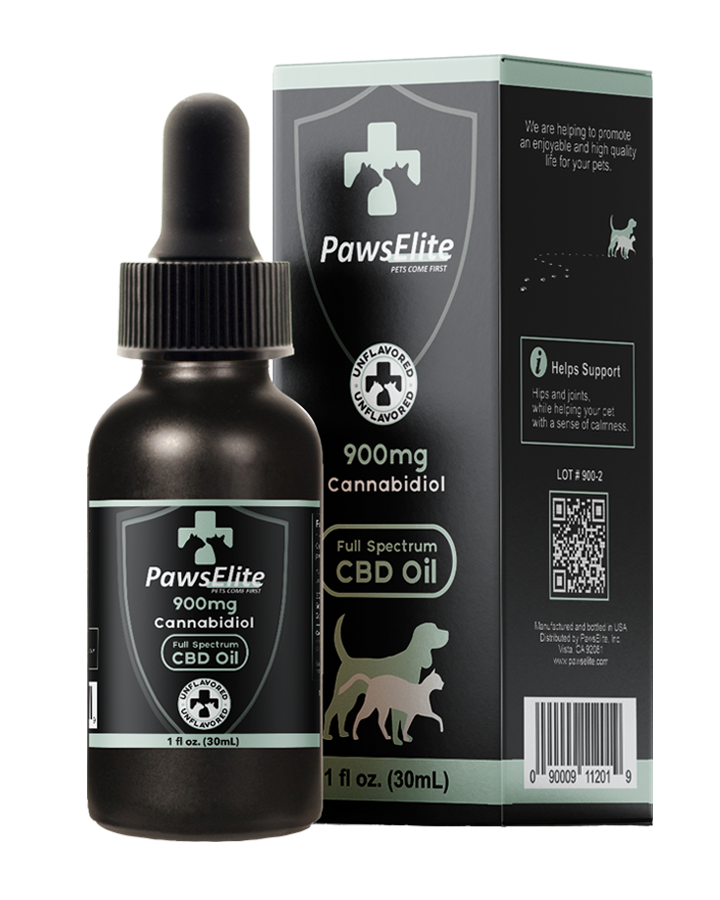
The Benefits of Professional Dental Cleanings: What Your Vet Can Do to Help
Share
Maintaining good oral hygiene is essential for pets, just as it is for humans. Unfortunately, dental care for animals often gets overlooked, leading to various health issues. Professional dental cleanings performed by veterinarians play a vital role in ensuring the overall health and well-being of pets.
This article explores the numerous benefits of these cleanings, what veterinarians do during the process, and how regular dental care can significantly improve your pet's quality of life.
Understanding Pet Dental Health
Dental health is a critical aspect of a pet's overall wellness. According to the American Veterinary Medical Association (AVMA), approximately 80% of dogs and 70% of cats show signs of dental disease by the age of three. Dental disease in pets can lead to various complications, including pain, infection, tooth loss, and even systemic health issues affecting the heart, liver, and kidneys.
Regular veterinary dental cleanings help to prevent and manage these conditions by removing plaque and tartar buildup, which can lead to gum disease and other health problems. For example, at Bond Vet Chestnut Hill, trained professionals provide thorough dental cleanings, ensuring that pets receive the best possible care. But what exactly happens during a professional dental cleaning at the vet’s office?
What Happens During a Professional Dental Cleaning?
- Initial Examination
The veterinarian will first conduct a thorough examination of your pet's mouth, checking for signs of dental disease, gum inflammation, or any loose teeth. This initial assessment allows the vet to identify any immediate concerns that need to be addressed.
- Anesthesia
For most dental cleanings, pets will be placed under general anesthesia. This is crucial as it allows the veterinarian to thoroughly examine the teeth and gums without causing stress or pain to the pet. Anesthesia also ensures that the pet remains still during the procedure, enabling the vet to perform a more detailed cleaning.
- Scaling and Polishing
The veterinarian will use specialized instruments to scale away plaque and tartar from the teeth, both above and below the gum line. After scaling, the teeth will be polished to smooth the surface, making it more difficult for plaque to adhere in the future.
- X-Rays
In some cases, dental X-rays may be performed to assess the health of the tooth roots and the surrounding bone. This is an essential step in identifying underlying issues that may not be visible during a visual examination.
- Treatment of Dental Issues
If any dental issues are detected during the cleaning, such as infected gums, cavities, or abscessed teeth, the veterinarian can address them immediately. This may involve additional treatments, extractions, or even referrals to a veterinary dentist if specialized care is required.
- Post-Cleaning Care
After the cleaning, the vet will provide recommendations for at-home dental care, which may include dental diets, treats, or regular brushing techniques to help maintain your pet's oral health between professional cleanings.
The Benefits of Regular Professional Dental Cleanings
- Prevention of Dental Disease
Regular professional cleanings are one of the most effective ways to prevent dental disease in pets. By removing plaque and tartar, veterinarians help reduce the risk of gingivitis and periodontitis, which can lead to tooth loss and chronic pain.
- Early Detection of Health Issues
Routine dental cleanings allow for early detection of potential health issues. Many systemic diseases, such as kidney disease and heart problems, can be linked to poor dental health. By monitoring your pet's oral health regularly, veterinarians can identify and address any underlying issues before they escalate.
- Improved Breath and Quality of Life
Bad breath is often a sign of dental disease in pets. Professional cleanings can help eliminate the sources of odor, leading to fresher breath. Additionally, pets with healthy teeth and gums tend to be happier and more comfortable, contributing to an overall better quality of life.
- Cost-Effective Preventive Care
While some pet owners may be hesitant to invest in professional dental cleanings due to perceived costs, it’s important to consider the potential savings. Preventing dental disease is often much less expensive than treating advanced dental issues or systemic diseases resulting from poor oral health.
- Enhanced Longevity
Studies have shown that pets with good dental health can live longer, healthier lives. By investing in regular dental cleanings and preventive care, pet owners can help ensure that their furry companions enjoy a higher quality of life well into their golden years.
Home Dental Care: The Importance of a Combined Approach
While professional dental cleanings are crucial, they are only part of a comprehensive dental care plan. Pet owners should also engage in regular at-home dental care to maintain their pets' oral health between cleanings. Here are some effective strategies:
- Brushing
Ideally, pet owners should brush their pets' teeth daily using toothpaste formulated specifically for pets. This helps remove plaque buildup and prevents tartar formation.
- Dental Chews and Treats
There are numerous dental chews and treats available that can help reduce plaque and tartar while satisfying your pet's chewing instincts.
- Dental Diets
Some pet foods are designed to promote dental health by reducing plaque and tartar buildup. Consult your veterinarian for recommendations on the best options for your pet.
- Regular Check-Ups
Regular veterinary check-ups are vital for monitoring your pet's dental health and addressing any issues as they arise.
Conclusion
Professional dental cleanings are an essential part of maintaining your pet's overall health and well-being. By investing in these cleanings, pet owners can prevent dental disease, detect potential health issues early, and improve their pets' quality of life. With the support of a veterinarian and a commitment to at-home dental care, pet owners can ensure their furry friends enjoy healthier, happier lives.
Ultimately, prioritizing dental care will not only benefit your pet’s mouth but will also enhance their overall health, leading to a longer and more fulfilling companionship.







